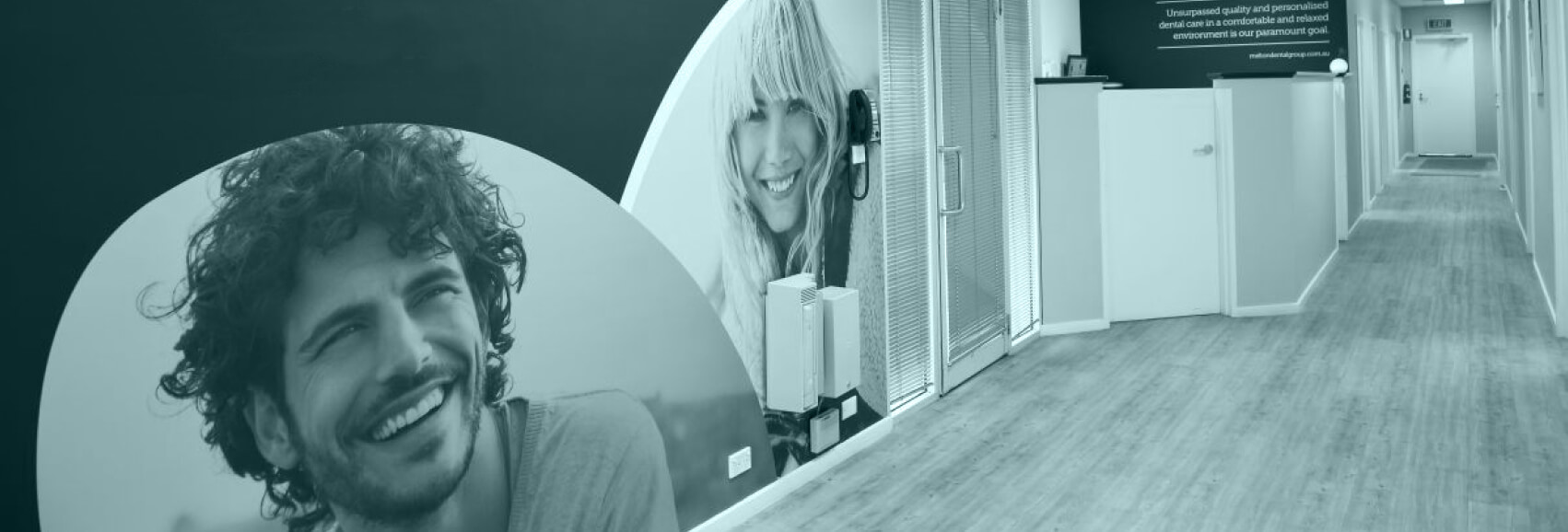Sleep Dentistry: Everything You Need To Know
March 16, 2023
Sedation dentistry, also known as sleep dentistry, is a vital aspect of quality dental care as it helps us offer you a relaxing dental experience. Not only is this branch of dentistry particularly useful if you suffer from any dental phobias, but it also helps time pass by faster when coming in for treatments and helps us, your dentists, perform your procedures more effectively knowing our patients are fully relaxed and comfortable. Still deciding if you want to opt for this the next time you visit the dentist? We’ve put together a small yet comprehensive guide covering all the main aspects to help you understand sedation dentistry better.
What is sleep dentistry?
This is a process in which a qualified dentist administers a form of sedative prior to carrying out a dental procedure. The purpose of doing so is to offer you relaxation, help time pass by faster (if you are in need of a longer dental procedure) and minimize any discomfort you may feel. In certain instances, the sedative used may even help you fall asleep during your dental treatment.
How is sleep dentistry carried out?
We offer different types of sedation dentistry at Melton Dental, each with varying forms of strength and methods of administering. The level of sedation experienced will be completely controlled by the dentist in charge. The type used for your dental procedure depends on your preferences, the complexity/length of your treatment, your medical history and your anxiety levels. There are certain instances in which we do not recommend sedation dentistry, however- if you are pregnant, have a stuffy nose or suffer from chronic bronchitis/respiratory disease. Once you come in for your consultation, we’ll be able to determine if sedation dentistry is a good fit for you, and which type if so.
Here are some of the most common types of sedation dentistry we offer at Melton Dental:
Nitrous Oxide
More popularly known as laughing gas, Nitrous Oxide is administered via a mask/nosepiece. You’ll feel the calming effects of this method in just around 3 minutes. The levels administered will be fully controlled and adjusted over the course of your procedure. As your treatment ends, the nitrous oxide will be flushed out of your system using oxygen instead. The effects will wear off as the gas leaves your system so the entire process is rather quick. With this method, you’ll feel completely normal post-procedure and will even be able to go home by yourself after.
Oral Conscious Sedation
This usually takes the form of a pill that has to be ingested at least an hour before your procedure begins. Children are generally given oral syrup instead. This type of sedation has a slightly stronger effect, leaving you feeling groggy during your procedure. You may even fall asleep, but you’ll be able to wake yourself up upon receiving a slight nudge. Given that this type of sedation is stronger, we recommend having an adult accompany you home after the appointment.
Intravenous sedation
This type of sedation is injected directly into your bloodstream, and as such the effects are felt rather quickly. Throughout the course of your procedure, your heart rate, oxygen levels and blood pressure will be monitored and adjusted accordingly. As your treatment comes to a close, reversal drugs will be administered. This is the ideal form of sedation for more complicated and lengthy procedures or for any patients who suffer from severe dental anxiety.
Is sedation dentistry safe?
Sedation dentistry is considered extremely safe as it is only carried out by a licensed and qualified dental professional/healthcare provider. It is only performed upon a thorough evaluation of your medical history and current needs, and is highly controlled with adjustable doses during the course of the procedure.
You are likely to experience some drowsiness and dry mouth after your procedure, but these side effects are short term and should dissipate a couple of hours to a day later. It’s also not uncommon to experience nausea, headaches and slight bruising from IV sedation. In certain rare cases, if a patient is allergic to oral sedation, there are drugs available to counteract the effects.
Rest assured that at Melton Dental, we employ a team of qualified dentists with years of experience in conducting safe dental procedures from beginning to end. We will take the time to walk you through the different options of sedation dentistry available to you so you can understand which is the right fit for you.
Advantages of sleep dentistry
Does the thought of visiting the dentist make you anxious? Dental anxiety is quite common but poses a dangerous threat to your oral health as it often means a lack of professional dental care. Sedation dentistry is a great way to overcome this apprehensiveness and relax during your dental appointment. It also helps our dentist finish all or most of your treatments in just one appointment.
It always helps to understand more about the technique at hand so just set up consultation and we’ll walk you through the finer details of how sleep dentistry works. We’re available to answer all your questions at Melton Dental. Schedule your appointment today!





